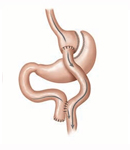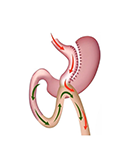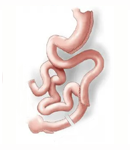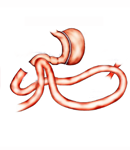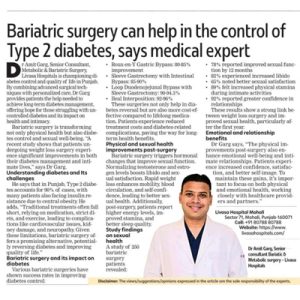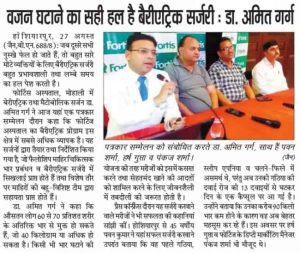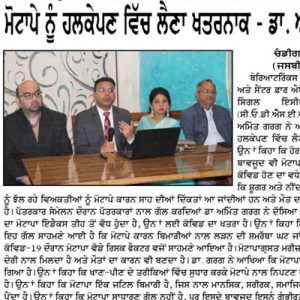REVISIONAL BARIATRIC SURGERY In Punjab- Dr. Amit Garg | Codsils
REVISIONAL BARIATRIC SURGERY is a surgical procedure that is performed on patients who have already undergone a form of bariatric surgery, and have either had complications from such surgery or have not successfully achieved significant weight loss results from the initial surgery. Procedures are usually performed laparoscopically, though open surgery may be required if prior bariatric surgery has resulted in extensive scarring.
With the increase in the number of weight loss surgeries performed every year, there are growing numbers of individuals who have experienced an unsatisfactory result from their bariatric procedures. There are several weight loss surgery options, some of which may limit later options for revision weight loss surgery.
Primary Surgery
- Gastric Band without effective weight loss (and/or unresolved diabetes)
- Gastric Band intolerance
- Sleeve with reflux problems
- Sleeve without reflux problems
- Gastric Bypass with weight regain
- Loop Duodenal Switch with severe reflux
Ideally revise to
- Intestinal Bypass (Gastric Bypass or Loop Duodenal Switch)
- Sleeve or Gastric Bypass
- Gastric Bypass
- Add loop to complete Loop Duodenal Switch (SADI-S)
- 1. Surgical revision of pouch, stoma or limb length
2. Conversion to Loop Duodenal Switch (SADI-S)
3. Investigative endoscopic revision of pouch or stoma only (ROSE or APC procedure) - Gastric Bypass
It is very important to understand that when weight regains or ineffective weight loss is the reason for revision, making appropriate changes to the behaviors that have resulted in weight regain will be absolutely necessary before the revision can be considered. Otherwise the revision will not be any more effective than the first operation.




